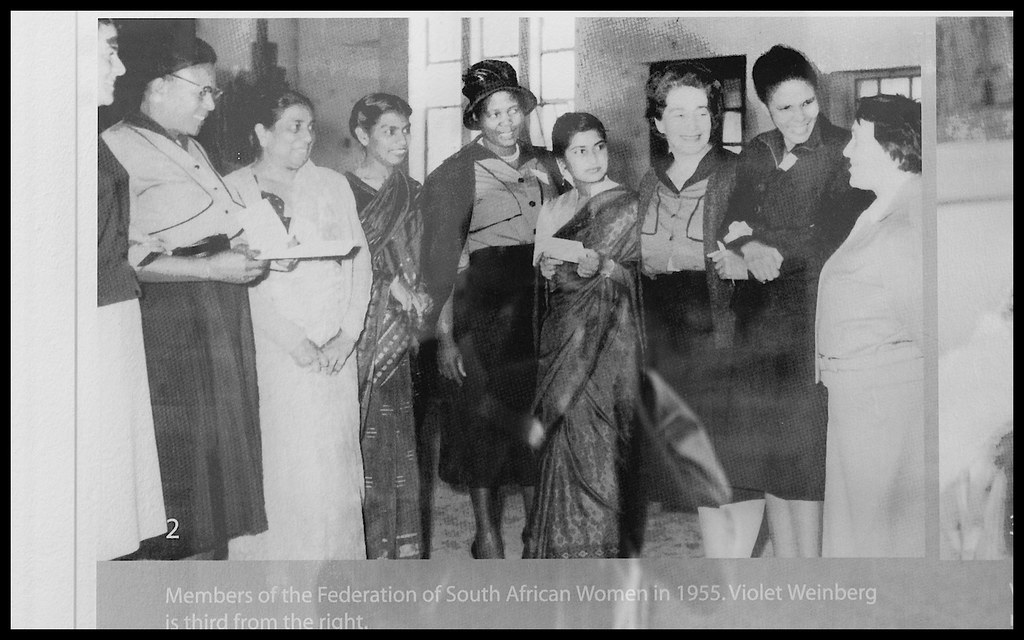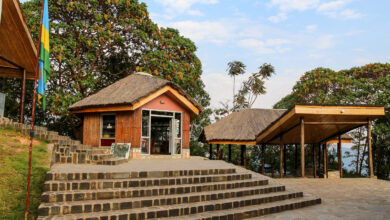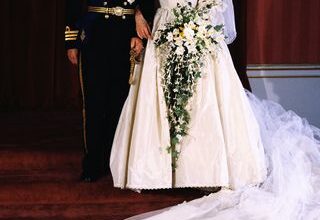The Story Indian South Africans – From Bondage to Freedom

Storytelling about Indian South Africans is part of our larger story about South Africans. This is a long-term project to establish a comprehensive description of the diversity of people, traditions and cultures that answer the question “Who are South Africans?”
The year 2020 commemorates the 160th anniversary of the arrival of Indian workers in South Africa.
Origins of Indian South Africans
Indian South Africans form a diverse community of various origins, dialects, and religious beliefs.
The primary Indians showed up during the Dutch pioneer period, as slaves, in 1684.
A revised estimate based on records shows that more than 16,300 slaves were brought from the Indian colonies to the Cape.
In the year 1690 to 1725 more than 80% of the slaves were Indians.
They consisted of many slaves from the Far East and were, in the 1880s, completely integrated into the towns of Cap Blanc and Couleur.

Also Read: Shaka Zulu’ South Africa’s Greatest Army General
How Indians Came to South Africa
Indians came to South Africa in two phases specifically as contracted laborers in 1860 and later as ‘free’ or ‘traveler’ Indians.
The first was due to the triangular agreement between the three governments, which stipulated that Indian investors would work for the colonial government of Natal in the Natal sugar estates.
The ‘free’ Indians came to South Africa for the most part as traders looking for new opportunities overseas.
These ‘free Indians’ came on their own from India, Mauritius, and different spots. Be that as it may, emigration was halted in 1914.
Between November 1860 and 1911 (when the indentured labor system was abolished), nearly 152,184 workers arrived in Natal from all over India.
After completing their agreement, the first batch of Indians was allowed to stay in South Africa or return to India.
By 1910, almost 26.85% of contracted men got back to India, however most decided to remain and became the ancestors of many South African Indians today.
From 1994 with the advent of the democratic system, the restrictions of immigration laws, imposed by the apartheid regime, were removed.
Individuals from India, Pakistan, Sri Lanka and Bangladesh, showed up in South Africa as new workers. However, there are significant differences between this new group and the South African Indians.
The South African Indian/ Indian South Africans
A key component that aided in the creation of South African “Indian”/Indian South Africans was the political battles pursued against brutal prejudicial regulations sanctioned against Indians and the other Black mistreated groups in the country.
As a result, the Indian people group laid out various political developments, the most noticeable being the Natal Indian Congress (NIC) laid out by Gandhi in 1894, and the Transvaal and Cape Indian Congresses in the early 20th century.
The Indian Congress, along with the socialist forces of the Communist Party of South Africa, played a decisive role, from the 1930s, in building race relations. Progressive Indians, blacks, and whites joined African progressives in a non-racial struggle for freedom and equality. Language, culture and beliefs:
Language, culture and convictions:
Most Indian South Africans speak English as a first language, although a minority of Indian South Africans, particularly the elderly, still communicate in a few Indian dialects.
These dialects incorporate Hindi, Tamil, Telugu, Urdu, Punjabi, and Gujarati. Indian South Africans are prevalently Hindu, however Muslims, Christians, and Sikhs likewise came to South Africa from India in the early 1860s.
Also Read: The San People Africa: World’s Most Ancient Race
Religion
Hindism
Hinduism, the most widespread religion in India, was born 5000 years ago. Hinduism says that there are three ways to serve God.
This path includes the knowledge or study of the Bhagavad-Gita and other scriptures; yoga, the unification of both body and mind, and commitment or bhakti, which promotes serving God through supplication and kindness.
Popular Hindu celebrations incorporate Diwali/Deepavali, the celebration of lights, and the Tamil Thai Poosam Kavady yearly celebration.
Islam
Islamic impact started in South Africa with the appearance of contracted laborers from the west and south shore of India.
As just 7-10% of these laborers were Muslim, Sheik Ahmad, the principal architect of Islam in Natal, and later Soofie Saheb ensured that poor Indian Muslims were not attracted to Hinduism.
In this manner, efforts were made to hold their strict legacy, through the outline of Islamic celebrations and the foundation of Muslim schools or madrasahs.
The Islamic people group keeps on flourishing in South Africa, in both Natal and the Western Cape – where workers and their families have moved after their contracts ended.
Muslim devotees pray at least five times a day and are not allowed to drink liquor. Popular Muslim festivals include Eid and Ramadan.
The Sikh
The Sikh faith is a small part of the population that is influenced by Hinduism and Islam. The religion is focused on the belief in one immortal being and ten masters.
Numerous Sikhs wear an iron or steel arm band as an image of their dedication to their religion.
Starting in the Punjab district, unmistakable Sikh festivals incorporate Parkash Utsav, which observes ‘Divine Light’ or ‘Heavenly Information’.
Also Read: Hiking in Table Mountain – Top 5 Table Mountain Hikes
Population and Cultural Influence
There are over 1 million people of Indian origins in South Africa.
Most Indian communities in South Africa are found in Durban, Kwa-Zulu Natal’s largest city, which has the largest Indian population in sub-Saharan Africa.
Indian influence has contributed to the cultural diversity of South Africa.
The food scene at the restaurant has been influenced by oriental flavors, especially in the Natal region.
Well-known dishes incorporate curry, and an inherent Durban dish called ‘rabbit chow’, which is a portion of bread emptied out and loaded up with curry.
South African Indians retain cultural and social influence with Indians
Further Reading
- Indian South Africans – The Struggle to be South African by Fatima Meer, 2000
- The Indian Opinion and Language in South Africa, Posted by Amandla, Durban, 12 October 2020





